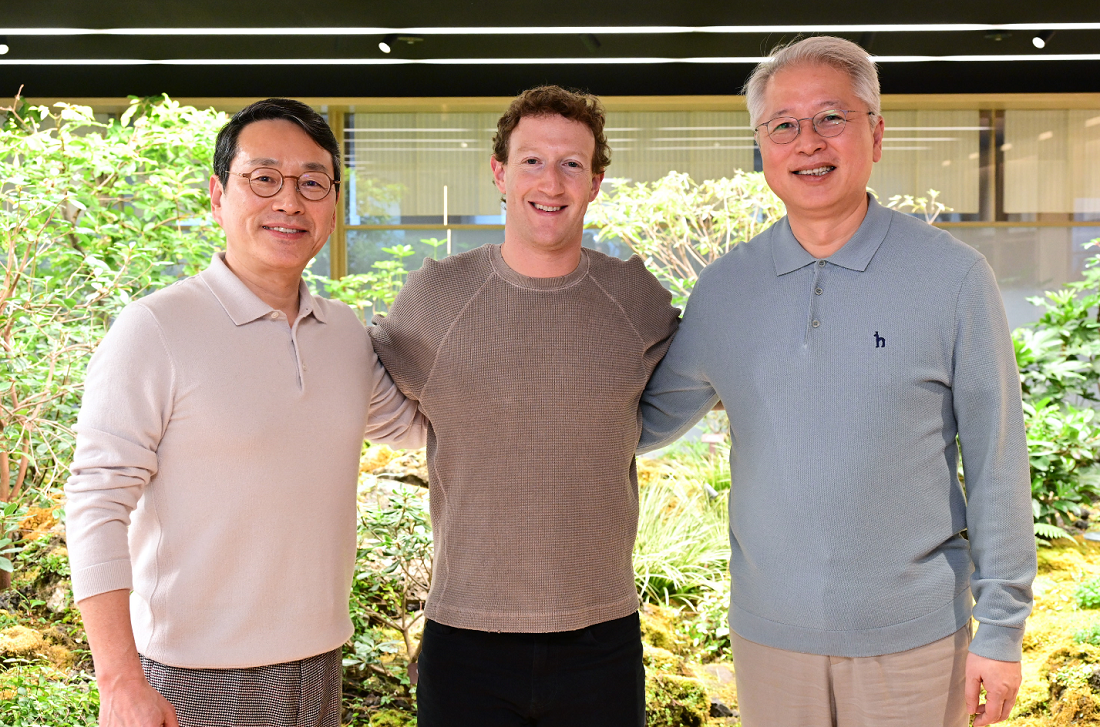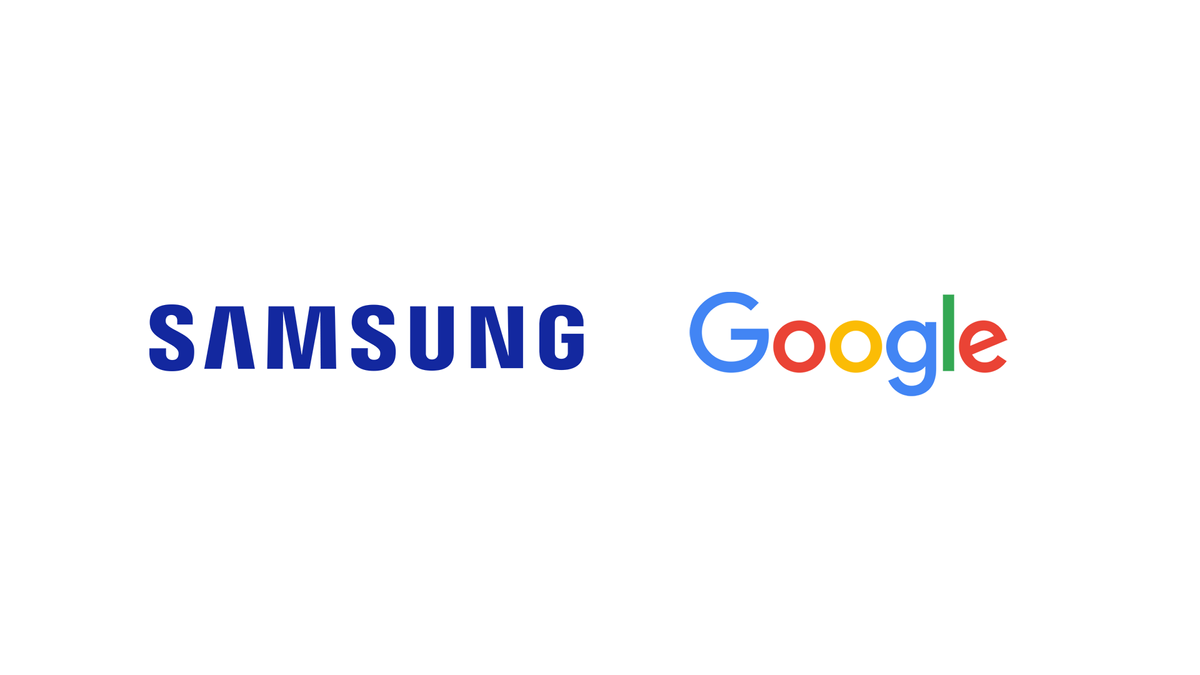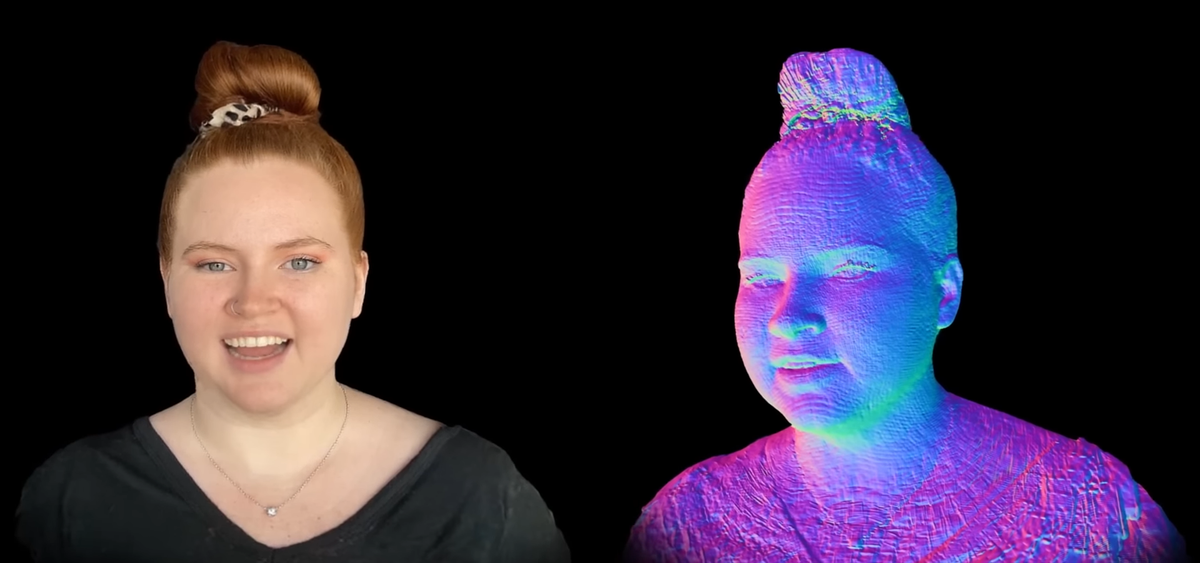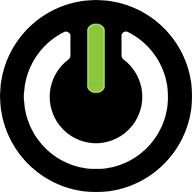LG just officially announced an XR "strategic collaboration" with Meta.
Earlier today, Mark Zuckerberg met with LG CEO William Cho and the president of LG's Home Entertainment division Park Hyoung-sei at LG's headquarters in Seoul to finalize the details of the partnership. The meeting apparently included Zuckerberg demoing Quest 3 to Cho.
This is Zuckerberg's first publicly-known trip to South Korea since 2014, when he visited Samsung to finalize the Gear VR smartphone-holder headset partnership.

LG confirmed the talks included discussing "business strategies and considerations for next-gen XR device development", giving the following statement:
"LG envisions that by bringing together Meta’s platform with its own content/service capabilities from its TV business, a distinctive ecosystem can be forged in the XR domain, which is one of the company’s new business areas.
Moreover, the fusion of Meta’s diverse core technological elements with LG’s cutting-edge product and quality capabilities promises significant synergies in next-gen XR device development."
The mention of "content/service capabilities from its TV business" being included in the partnership might be Meta's plan to bring streaming services to the Quest platform, potentially through a virtual LG TV. This could bring over services like Netflix, Disney+, Max, Prime Video, Apple TV+, Hulu, Paramount+, and VUDU with no extra developer effort required. While Apple Vision Pro has a strong focus on media watching and includes native apps for Disney+ and Apple TV+ as well as support for the iPad versions of platforms like Prime Video, Quest is currently sorely lacking these kind of apps. Quest has a Netflix app, but it only supports 480p streaming and doesn't support downloads, passthrough, or hand tracking.
Partnerships Past & Present
This isn't the first time Meta has partnered with an experienced consumer electronics company. Samsung handled the hardware for Gear VR, Oculus Go was manufactured by Xiaomi, and Oculus Rift S was co-designed and manufactured by Lenovo. All three headsets bore both the partner company's logo and Oculus branding. It's unclear how LG and Meta's brands will be incorporated in any headset that results from the partnership.

This also isn't the only software-first Big Tech company partnering with a Korean hardware company on an upcoming XR headset. Last year Samsung announced it was building a headset with Google handling the software, which it plans to ship later this year.
Quest Pro 2?
The LG announcement comes just three days after The Korea Economic Daily accurately reported that this meeting would take place today.
That report cited "industry sources" as saying that an LG-Meta headset will ship in the first half of 2025, with LG handling the hardware and Meta handling the software. And that came six months after another South Korean outlet, Maeil Business Newspaper, reported that Meta had partnered with LG to make future Quest Pro headsets, with the first device planned to be priced around $2000.

The LG headset could also feature Codec Avatars, Meta's long-running research & development project aiming to revolutionize remote communication by achieving truly convincing photorealistic avatars driven in real-time by headsets with face tracking sensors. Apple's Personas have a similar goal, but are currently deep in the uncanny valley and limited to a 2D window.
With Meta reentering the segment with LG, and Google entering it with Samsung, the high-end headset market currently only served by Apple could become a three horse race next year.




























